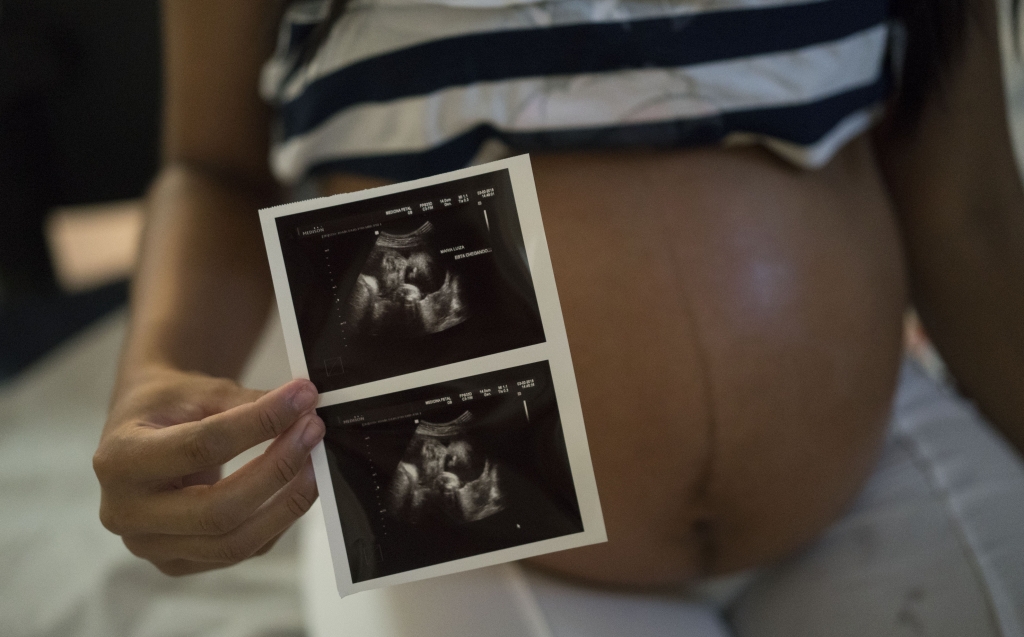-
Tips for becoming a good boxer - November 6, 2020
-
7 expert tips for making your hens night a memorable one - November 6, 2020
-
5 reasons to host your Christmas party on a cruise boat - November 6, 2020
-
What to do when you’re charged with a crime - November 6, 2020
-
Should you get one or multiple dogs? Here’s all you need to know - November 3, 2020
-
A Guide: How to Build Your Very Own Magic Mirror - February 14, 2019
-
Our Top Inspirational Baseball Stars - November 24, 2018
-
Five Tech Tools That Will Help You Turn Your Blog into a Business - November 24, 2018
-
How to Indulge on Vacation without Expanding Your Waist - November 9, 2018
-
5 Strategies for Businesses to Appeal to Today’s Increasingly Mobile-Crazed Customers - November 9, 2018
Zika virus may infect, kill human brain stem cells
A study of nine pregnant women from the United States who traveled to countries where the Zika virus was circulating showed a greater-than-expected number of fetal infections and brain abnormalities, US health officials said last week. The study provides experimental evidence that once the virus reaches the developing brain, it can infect and harm cells that are key for further brain development. Researchers set the virus loose on isolated stem cells and found that Zika selectively targeted cells necessary for brain growth and development.
Advertisement
The virus, which can also be sexually transmitted, has been linked to microcephaly in the newborns of infected mothers. Zika symptoms are typically limited to fevers and rashes, but the virus has been linked to severe birth defects.
Those cells, when healthy, help build the part of the brain that is affected in microcephaly, said Hengli Tang of Florida State University, a lead author of the work published by the journal Cell Stem Cell.
A study published earlier this week provided similarly solid evidence that Zika can also cause a rare syndrome, called Guillain-Barre, which attacks the nervous system.
One concerning discovery was that the cells that Zika infected became factories for viral replication. Cortical neural progenitor cells in turn give rise to immature neurons. For example, the researchers used cells grown in the lab, which only mimic the processes that could occur within the fetal brain.
Of note is how Ming, Song, Tang, and their collaborator Peng Jin, a geneticist at the Emory University School of Medicine, assembled a group of experts from four labs with different research interests to quickly tackle the Zika public health emergency. Furthermore, the genes needed to fight viruses had still not been switched on, which is highly unusual, he adds. There’s also no evidence that the cells are employing antiviral responses, which means we don’t know whether or how the virus is being cleared from the precursor cells.
Dr. Anthony Fauci, director of the National Institute of Allergy and Infectious Diseases, who did not participate in the research, agreed that the study doesn’t prove a link.
The study said blood and urine tests found 72 of the 88 women had the Zika virus.
Kagan said the infected patient in San Francisco contracted Zika in Central America, but has recovered.
“We don’t feel that there’s a public health threat because Zika virus is mostly spread by the bite of the mosquito and the mosquitoes that carry Zika virus are not present in Contra Costa County”, she said.
In 2015, the Zika virus began spreading throughout the Americas and a potential link was seen between the virus and a significant increase in cases of fetal microcephaly, as well as other neurologic abnormalities.
Advertisement
Laos is the latest country to report a local transmission of Zika virus, according to the World Health Organization, as fears mount over the mosquito-borne illness that has been linked to birth defects.





























